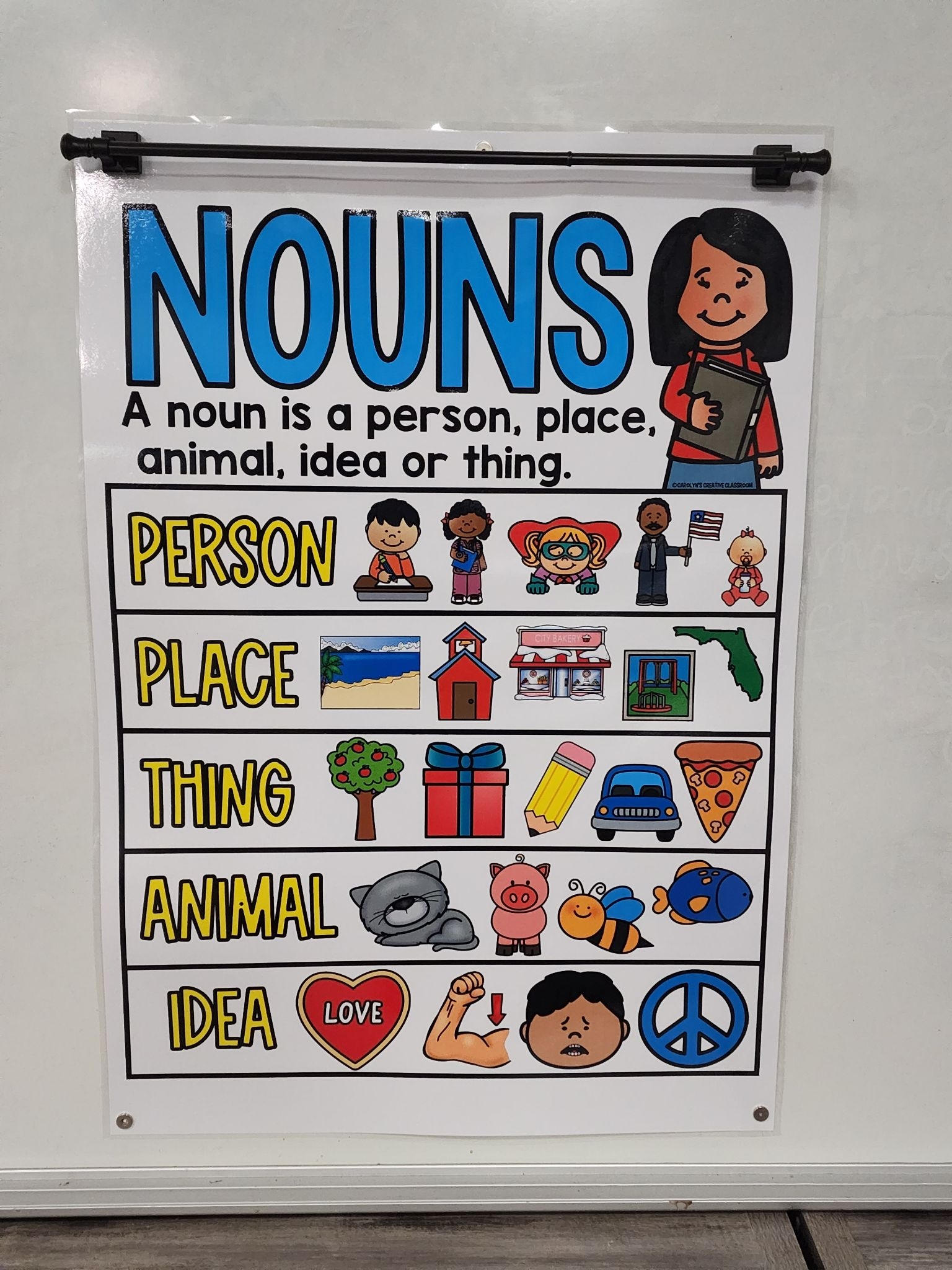Verbs, nouns, and adjectives are three essential parts of speech that form the foundation of any sentence. Understanding the roles they play in language can greatly improve your writing and communication skills.
Verbs are words that express action or state of being. They are the driving force behind a sentence, telling us what is happening or what someone or something is like. Nouns, on the other hand, are words that represent people, places, things, or ideas. They are the subjects or objects of a sentence, giving it substance and meaning. Adjectives are words that describe or modify nouns, adding detail and depth to our language.
Verbs, Nouns, and Adjectives
Verbs are dynamic parts of speech that convey action. They can be in various forms, such as past, present, or future tense, and can also show mood or voice. Examples of verbs include “run,” “eat,” “sleep,” and “think.” Without verbs, sentences would lack action and direction, making them incomplete.
Nouns are the building blocks of language, providing us with the names of people, places, things, and ideas. They can be common or proper, singular or plural, and concrete or abstract. Examples of nouns include “dog,” “London,” “book,” and “happiness.” Nouns give us something to talk about and anchor our sentences in reality.
Adjectives are descriptive words that enhance our language by providing more information about nouns. They can describe size, color, shape, or any other characteristic of a noun. Examples of adjectives include “big,” “red,” “round,” and “happy.” Adjectives bring life to our sentences and help paint a vivid picture in the reader’s mind.
Understanding the roles of verbs, nouns, and adjectives in a sentence is crucial for effective communication. By using these parts of speech correctly, you can create clear, engaging, and impactful writing that resonates with your audience. So next time you sit down to write, remember the power of verbs to drive your sentences, the importance of nouns to give them substance, and the beauty of adjectives to add depth and color.
In conclusion, verbs, nouns, and adjectives are the building blocks of language that work together to create meaningful and engaging sentences. By mastering the use of these essential parts of speech, you can elevate your writing and communication skills to new heights.
